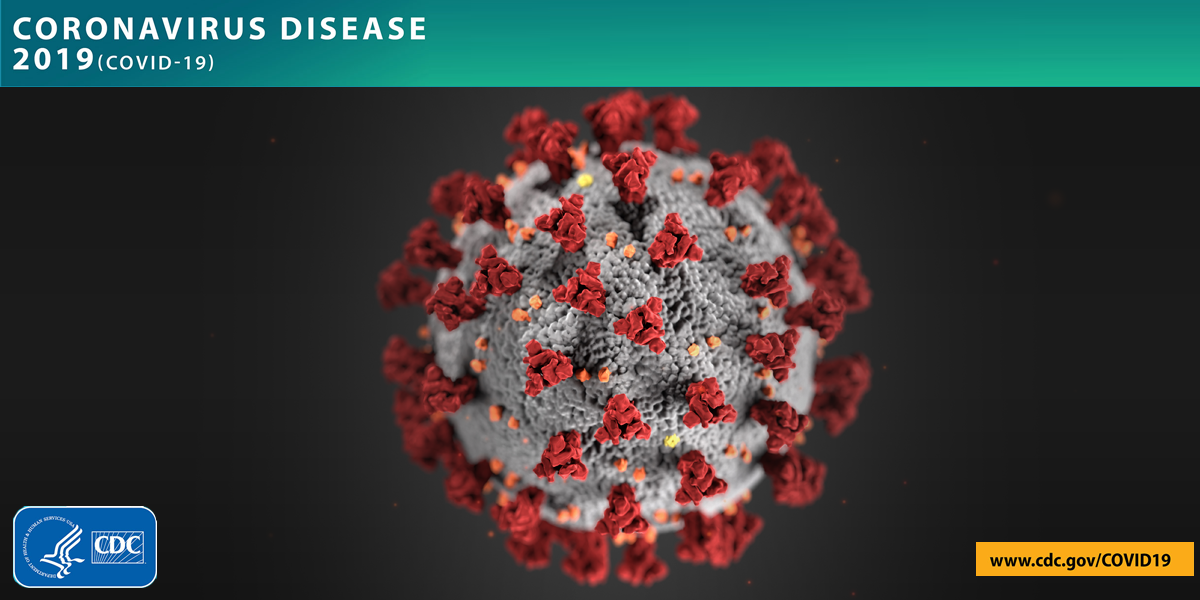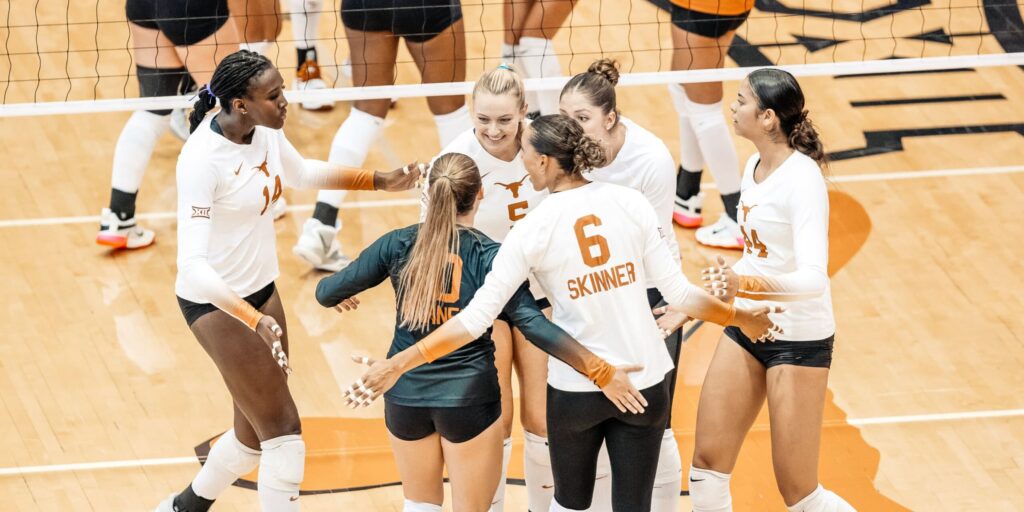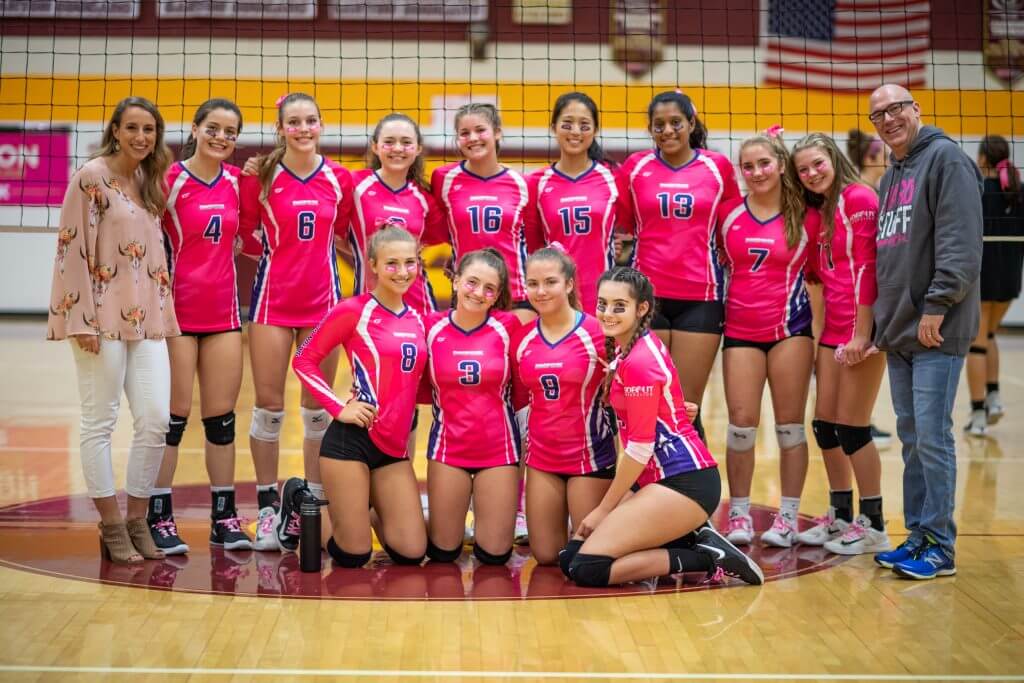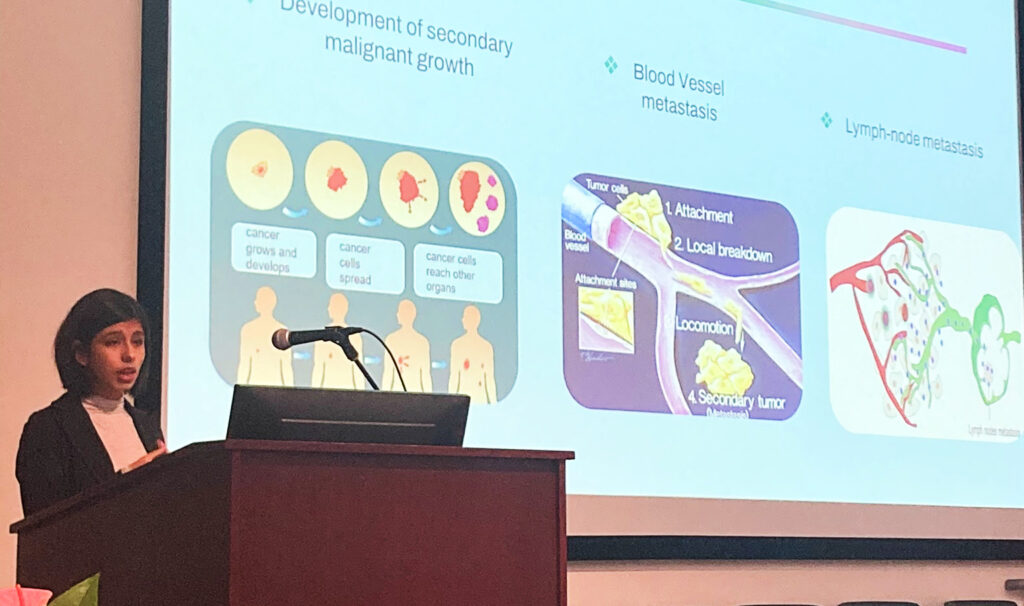At The Side-Out Foundation, our hearts go out to everyone affected by the coronavirus (COVID–19) pandemic. We’re committed to doing everything we can to ensure the safety of our supporters, our employees, and those we seek to serve living with stage IV breast cancer.
For our volleyball community – we’ve been thinking a lot about you lately. Across the board we have seen data-driven decisions guided by a commitment to health and safety, to cancel practices, tournaments, and for some, even the remainder of the season.
We are heartbroken for the coaches and student athletes who continually put in so much time and effort into training and learning the game, but also into making the volleyball community a truly special place on a daily basis. We also understand how challenging this time may be for those athletes who were expecting to finish out their last seasons strong.
Our community will continue to grow stronger. We have already seen passionate, young athletes taking the initiative to workout and do individual drills in their backyard. #volleyon! We are confident we’ll see these amazing young athletes back next season stronger than ever, and that many of those graduating will continue to contribute to the sport, whether it be in their collegiate careers, open gyms, or as coaches, referees, and athletic administrators.
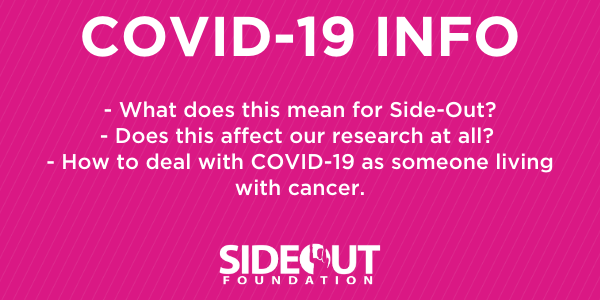
As the number COVID-19 cases increase across the nation and world, it is easy to become worried and concerned, especially for those we serve in the stage IV community who are at greater risk of becoming very sick from the illness.
Individuals who have cancer are at varying degrees of risk due to their compromised immune systems. As a foundation committed to serving people who are living with cancer, we want to do our part to help ensure that they are both taking any and all preventative steps and that we continue to support them to the best of our ability.
As the Pandemic continues to spread, we believe being educated on the topic and how it affects those who are living with cancer is a simple way we can come together and support one another.
As a high-risk individual, here is what you should know:
What are the symptoms of COVID-19?
Potential symptoms include: fever, cough, and shortness of breath. Consult your healthcare provider if you develop these symptoms.
Emergency warning signs: Difficulty breathing/shortness of breath, persistent chest pain or pressure, new confusion or inability to arouse, bluish face or lips. If you develop these emergency warnings signs, get medical attention immediately.
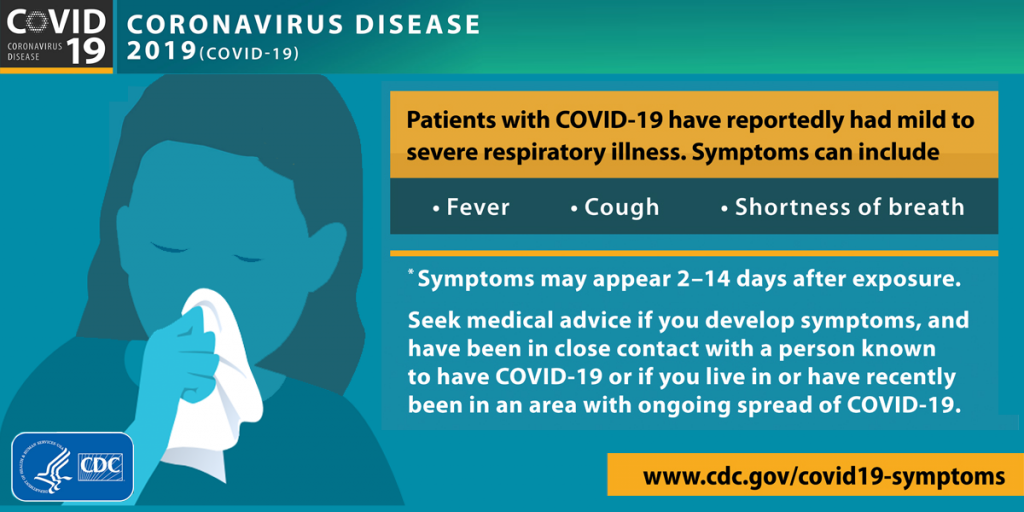
What precautions should I take to reduce my risk?
(As recommended by the CDC)
- Wash your hands regularly. Prior to eating, after using the bathroom, after coughing, sneezing, blowing your nose, or if you have been to a public place where you were touching things that others may have used (ex: Gas pump or shopping cart).
- Avoid high-touch surfaces in public places. When you can, use your sleeve or a tissue/napkin to touch handrails, door handles, or elevator buttons.
- Avoid touching your face when possible (nose, eyes, mouth, etc.)
- Avoid crowds by practicing social distancing.
- Avoid non-essential travel
- Practice good house hygiene. Disinfect frequently touched surfaces. (tables, doorknobs, cell phones, sink handles, etc.)
What if COVID-19 is spreading in my community?
Stay at home as much as possible, and see if your community can help out by picking up and dropping off necessities to your home for you. This includes groceries, medications, or medical supplies that you use. Platforms like Nextdoor make it easy to communicate with your community!
Contact your healthcare provider and see if you can get extra necessary medications in case you have to stay home for longer than expected. If not, try using mail-order medications.
Have a plan if you get sick. Talk to your healthcare provider about how to monitor your symptoms and health. Keep in touch with family and friends and update them on your health. If you currently have a caregiver, develop a plan in case that individual is unable to care for you or gets sick themselves.
What is social distancing and how can this help me?
Social distancing is intentionally increasing the physical space between people to avoid the spread of an illness. This may be seen in the cancelation of large gatherings or the closing of schools, restaurants, and businesses. It is recommended to stay at least six feet away from other people to lessen your likelihood of catching COVID-19.
Social distancing helps to slow down the spread of the disease protecting you and others while giving the healthcare system the ability to care for individuals as needed.
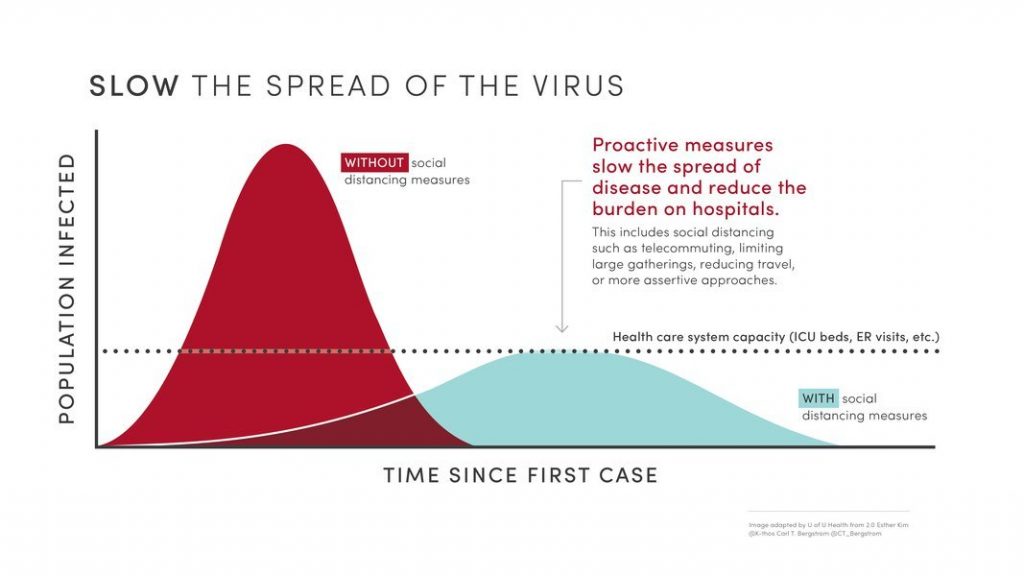
What should I do if my family member develops symptoms?
If your family member develops symptoms, you should keep your distance. Spend time in different rooms and wash hands often to minimize possible infection. Be sure to disinfect commonly touched surfaces. Doorknobs and bathrooms are ‘hot spots’ for germs!
What do I do if I have developed symptoms of COVID-19?
Stay home and consult your oncologist and primary care physician. They will help you make an informed decision as to when/how to get tested and any help you may need.
If you develop any of the emergency symptoms, seek medical attention immediately.
Please consult your doctors first for best practices and advice on your specific situation. You may be able to recover at home if you are not sick enough to be hospitalized. Here are some recommendations from the CDC on how to take care of yourself at home.
I have follow-up doctor appointments, should I attend them or stay at home? Will this affect my chemotherapy or a surgery that is already scheduled?
The influx of patients hospitalized may have an impact on the current healthcare system and scheduling. Many elective surgeries are being put on the backburner to allow hospitals to manage and respond to the spread of COVID-19. Contact your healthcare provider and discuss a plan that best suits your situation and needs. This may affect you differently based on your location and needs.
If you are a family member or friend of someone who has breast cancer or is at higher risk, you can be extremely helpful!
Reach out, keep in touch, and help in ways you can. Skype, Facetime, or Zoom with one another. We are in a digital time where we can communicate easily despite the distance. Utilize this. It is our duty to one another to take care of each other mentally, emotionally, and physically.
We are in this together! We are a team!
How does this affect Side-Out?
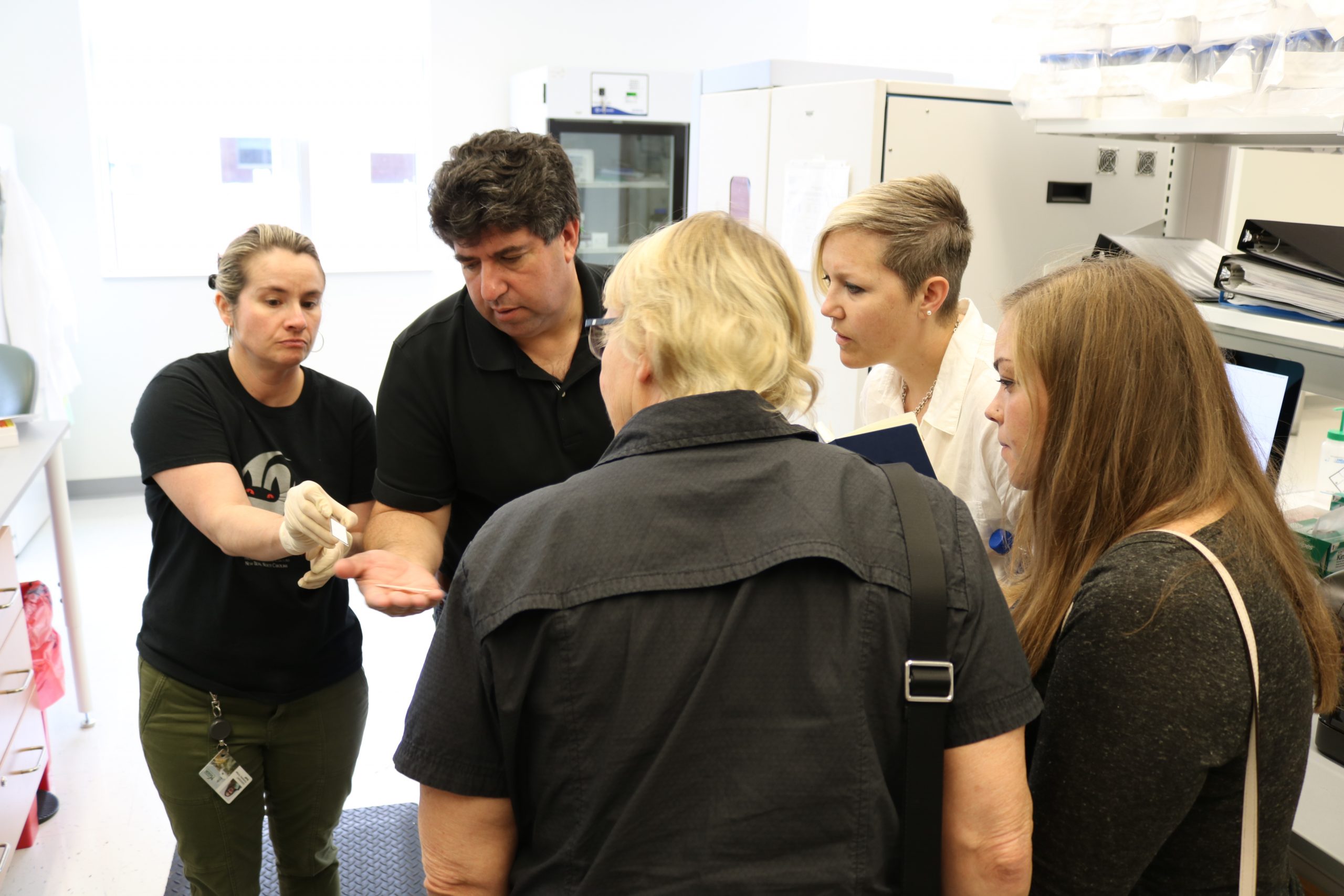
Patient accrual may slow down for the time being while hospitals and health centers potentially reach a higher than average capacity. With that being said, our research may take a pause as our research team takes safety precautions of their own. This does not mean we will stop funding research, it just means that we can get a jumpstart and be ready to make a larger impact once the current situation resolves.
Now, more than ever, we need your help. As an event-based charity, our daily operations will also be impacted by COVID-19. With volleyball on pause across the country for the foreseeable future, and rightfully so, we understand that this may affect teams’ abilities to participate in Side-Out’s programs. However, this will not stop our steadfast commitment to empowering young athletes and helping them drive change in the way breast cancer is treated.
If you are able, we encourage you to donate online or start a general campaign online in your community using Facebook or Side-Out’s fundraising system here. For teams interested in planning or hosting in the future, or those whose events will be affected by COVID-19, we encourage you to reach out to your support representative here and begin planning how you can still make an impact and help the stage IV breast cancer community.
